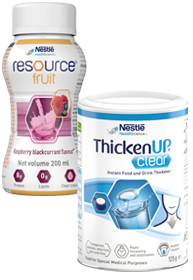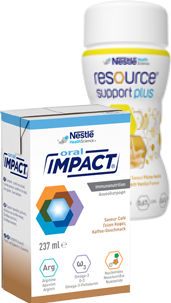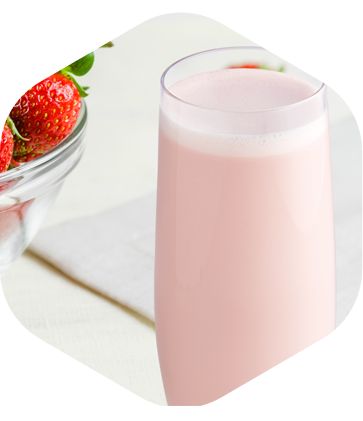Staying Hydrated During Treatment
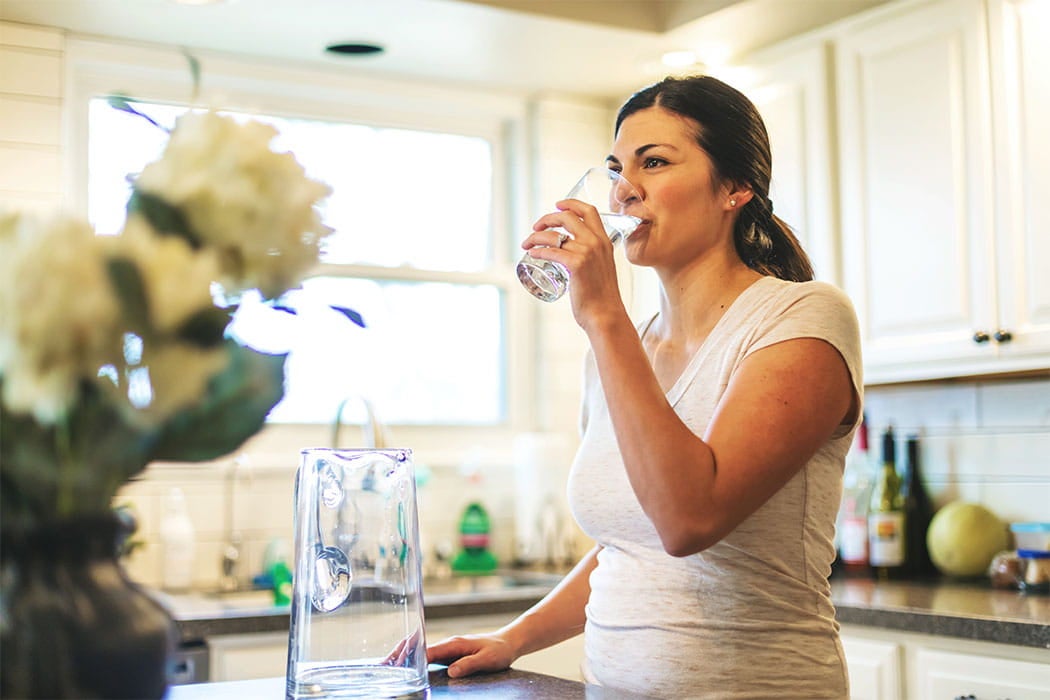
Drinking enough fluids is important during cancer treatment and times of increased losses of fluids due to vomiting and diarrhea. Not drinking enough fluids can lead to dehydration. Dehydration is when the body doesn’t have enough water to carry out normal functions. Signs of dehydration can include decreased urination or urine very dark in color, headaches, dizziness, dry mouth, and low blood pressure.
Here are some tips to help you stay hydrated during treatment.
- Aim for between 8 - 10 glasses (1.8-2.3 liters / 64-80 ounces) of liquids per day. This amount can vary based on your height and weight and how much is needed to replace losses.
- Measure how much water your drinking glasses at home so you have a good estimate of how much you are drinking during the day. Many tall glasses can hold more than 1 cup.
- Keep a water bottle or beverage nearby at all times.
- Set reminders to drink something around the house.
- Make yourself a chart with 8 boxes and check off a box with each cup of fluid you drink.
- Thirst isn’t always a good indicator of dehydration so drink based on your daily goal and not if you are feeling thirsty.
- If unable to drink large amounts of fluids at once, take small sips throughout the day.
- Include foods that have a high fluid content such as popsicles, gelatin, Italian ice, soups, smoothies, and watermelon.
- Avoid alcoholic and excessive caffeinated beverages as they can add to more fluid losses.
- Some ideas for beverages besides water includes sparkling or carbonated waters, juices, sports drinks, broth, flavored waters, and oral nutrition supplements.
Know more about the subject

How Psycho-Oncology Can Improve Quality of Life for People with Cancer
Therapy sessions usually focus on pain, fatigue, sexuality and self-esteem1
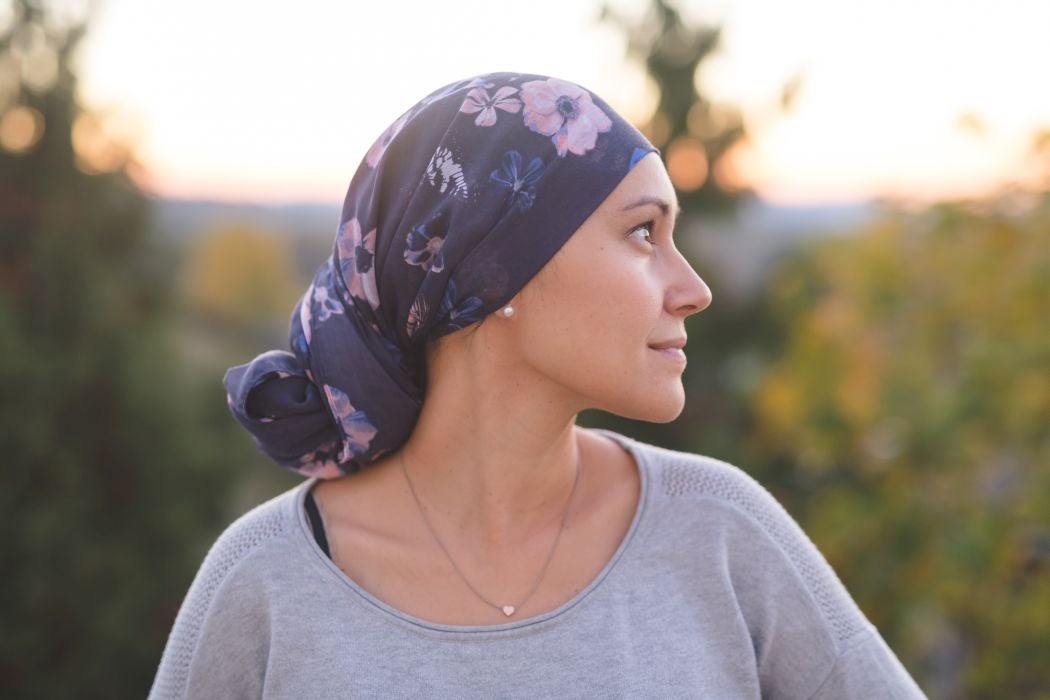
Common Questions About Hair Loss During Cancer Treatment
Although this is deeply associated with cancer treatment, not all people lose their hair

Complementary Therapies to Reduce Cancer’s Side Effects
They have scientifically-proven benefits and can be used to improve patients’ well-being.1

How to Prepare for Cancer Treatment Sessions
Changing a few things on your everyday life can make all the difference while you are going through treatment

Vitamins and Minerals That Play a Major Role in Cancer Treatment
Ask your doctor or nutritionist about the need of taking vitamin and mineral supplements. Food supplements should not be used as a substitute for a varied diet.

How to Have a Better Diet Before Starting Cancer Treatment
Why is it important to make changes on your diet before the treatment?

